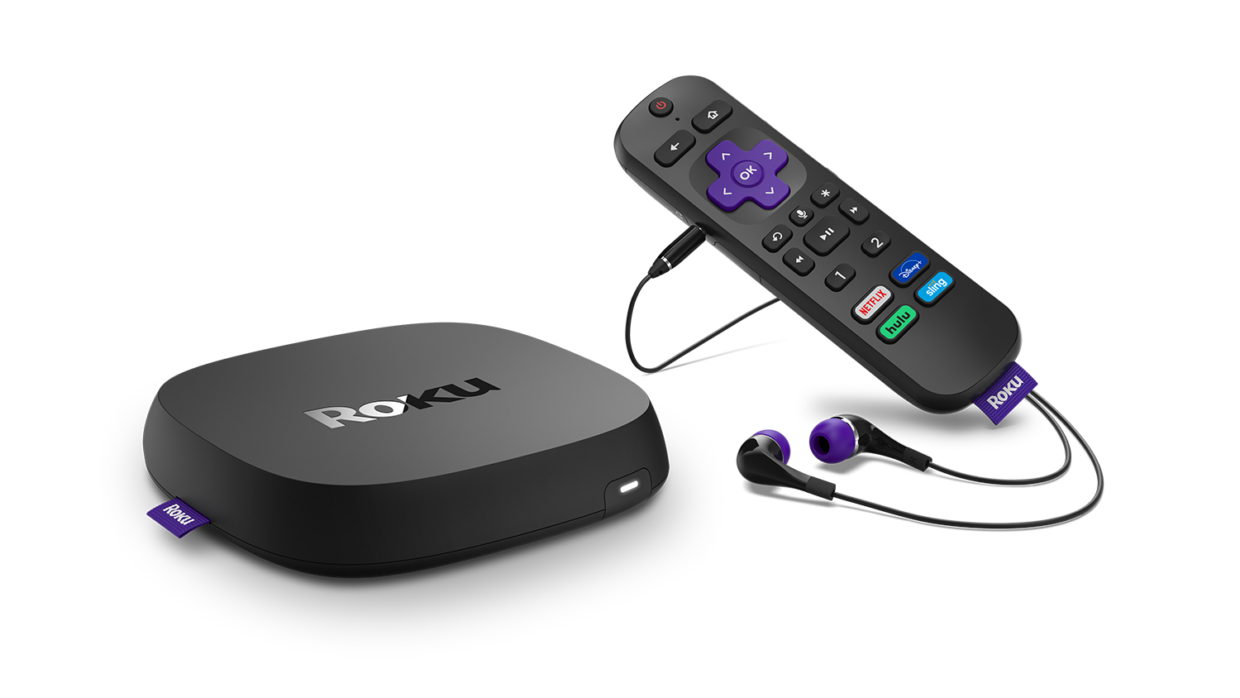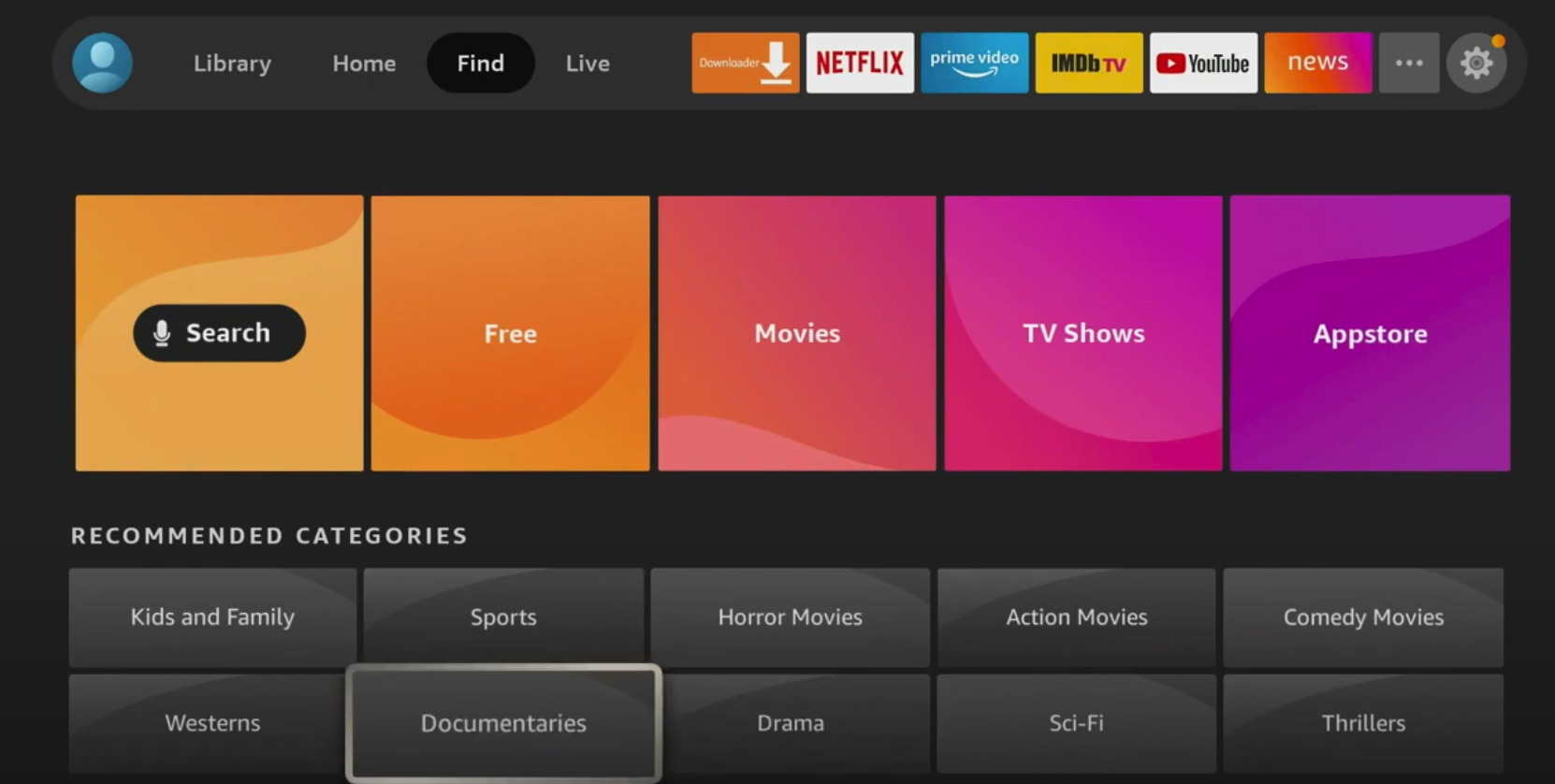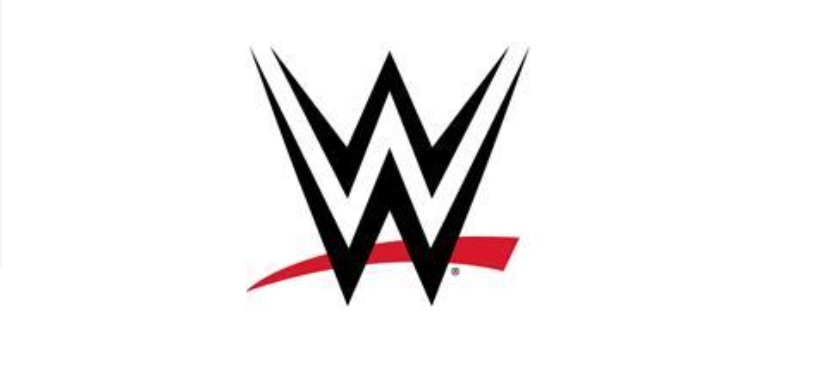Roku is going to further confuse the consumer market with its latest commercials and it doesn’t have to. A new ad shows a couple discussing streaming on their TV when the woman states that the TV is a “Roku TV”. Why is this a mistake? Because despite how it is marketed, Roku does not make TVs. And the confusion that associating TVs with the Roku operating system directly with the company is a very bad long-term strategy for a very simple reason. Because many people can not separate the interface from the TV itself.
From the start, Roku founder, Anthony Wood described Roku as a platform vs being a company that makes streaming boxes. And as Roku began to partner with tv manufacturers to roll out TVs with the Roku operating system built in the company began to realize its true potential in the marketplace. By having Roku work as a TVs operating system it eliminates the need for a customer to purchase a separate streaming device in order for Roku to reach a customer. By having the system built into TVs Roku has been able to build up activations that might have otherwise gone untapped.
Roku has 12 TV partners. This has allowed Roku to become the most common TV OS in the United States. Think about that compared to LG. You can only find Web OS is LG TVs because LG makes the TVs and the operating system for them. TIZEN OS is owned by Samsung and is only found on Samsung TVs. Neither company licenses their OS to other brands. You will never see a Magnavox TV that runs the same OS as an LG TV.
Both companies are TV manufacturers and OS creators. And the difference between how people associate their products with their operating system is very important. LG is accountable for problems between how its TVs software works with its hardware. It is unlikely to build a TV that is incapable of handling an update of its own software. And if it does cause a problem with the apps on a TV that it manufactures and sells, it can be blamed for it. At the same time if the company maintains high standards the same will be true. They have full control over how people see them.
Roku though does not build the TVs that customers associate with it. TCL does, Hisense does. So do Sharp and RCA and others. And you know what happens if someone has a bad experience with a Sharp TV? They say my Roku TV is bad. If they have a poor experience with a cheap TV they got on sale due to picture failure or a bad WiFi connection or any other thing that can go wrong with a TV they don’t go on social media and say TVs manufactured by “said brand” that run the Roku TV OS do not live up to my standards. They say I had a Roku TV and it broke.
This sort of association doomed the Google TV concept almost a decade ago. When streaming was in its infancy there were rudimentary Roku boxes on the market, Apple TV had a couple of early entries but there was a host of products boasting Google TV. Almost every single product that licensed Google TV for its product was poorly supported and clunky. Multiple companies who wanted to get into the smart TV world rushed things onto the marketplace with Google TV branding and delivered poor customer experiences which caused users to say Google TV is not as good as Roku and Apple TV. Google had to rebrand as Android TV to wash the image away.
Recently it has relaunched the brand Google TV with its newer Chromecasts. The difference, Google makes and markets the Chromecast with Google TV. So now when people have a positive experience with the product it is linked to Google. And for all intents and purposes if they have a negative experience it will be linked with Google as well. But that would happen regardless. But either way, Google does not have to answer for some other company’s poor planning and execution.
Amazon seems to be coming to this conclusion. For the past 4 years, the company has had a limited amount of TV partners that market TVs with the Fire TV OS. It started with Westinghouse and Element and then signed on with Best Buy’s Insignia. But this year Amazon announced its first in-house branded TVs. Here is a bet, if Amazon can manage to sell enough of its own TVs then it will not renew its licensure with the third-party brands that it currently works with.
Roku is by far the most monumental story of the streaming era. It came from out of nowhere and started marketing an idea for an industry that didn’t exist before its first products launched with an understanding that it was the future of TV. Its success has been no accident. As long as its partners maintain high standards there should be no problems. But if any manufacturer that uses the Roku OS were to have a fatal flaw it risks damaging Roku’s hard-earned reputation. Roku needs to find a way to walk the tightrope between being available on so many TVs and straight-up owning the experience. Marketing the concept of a Roku TV when the company is not truly making the TVs means that the company will get credit for every TVs performance good and bad.





